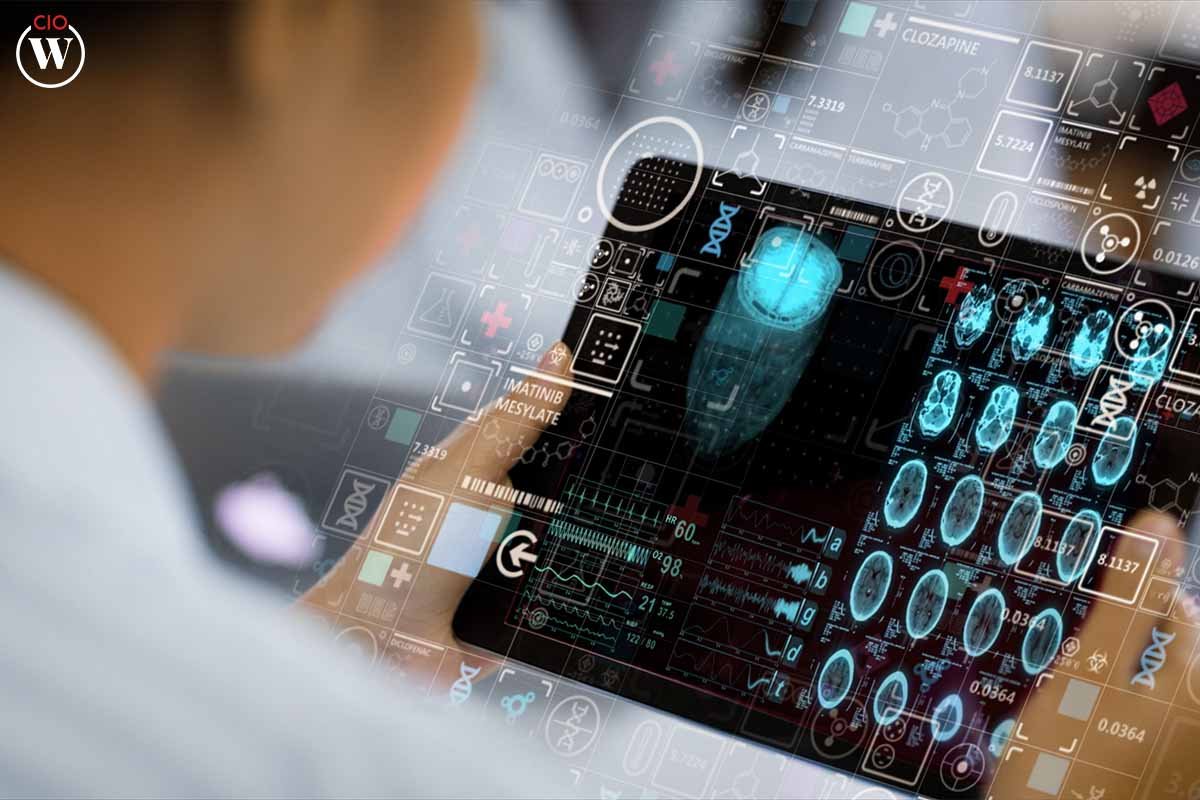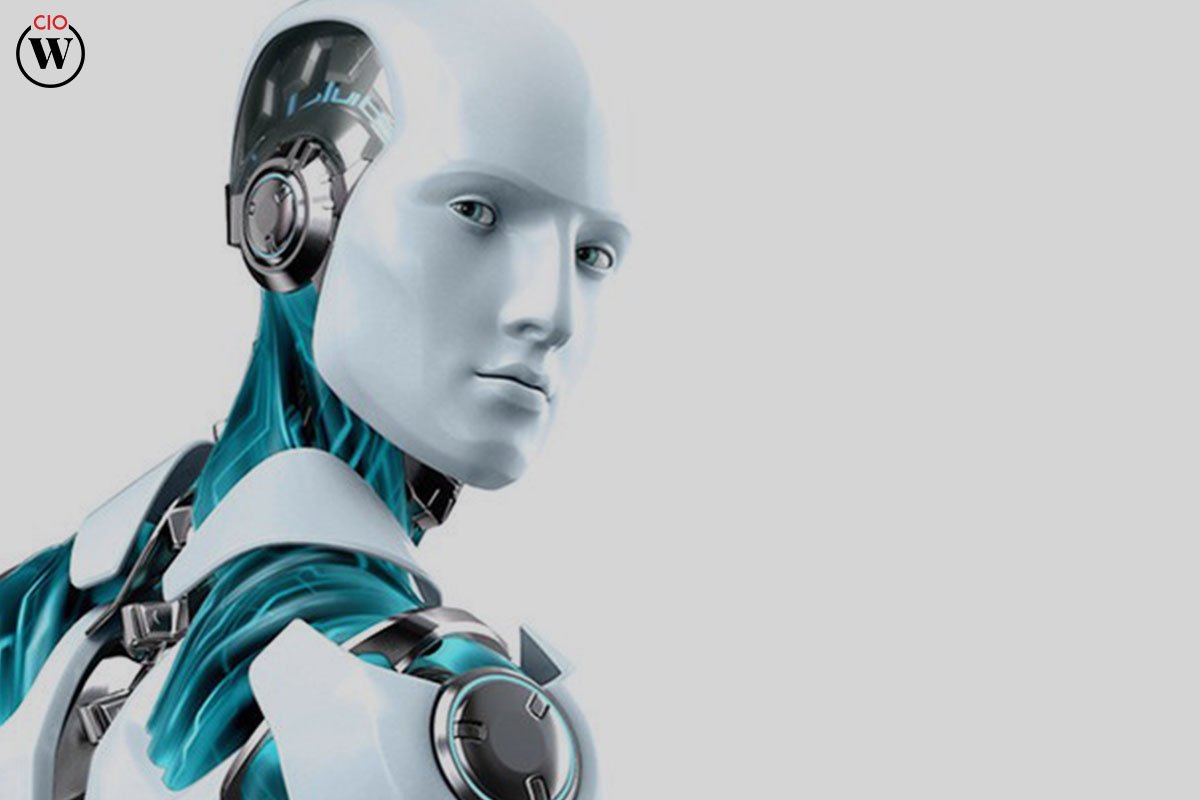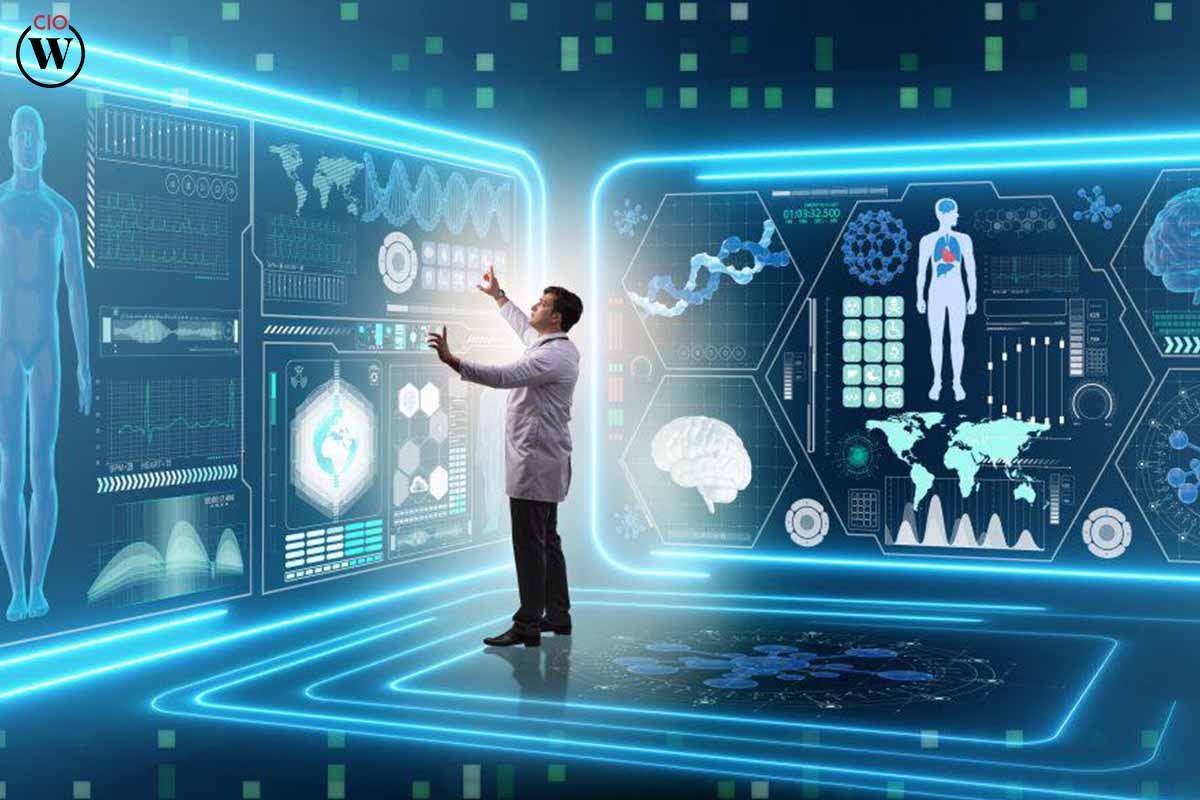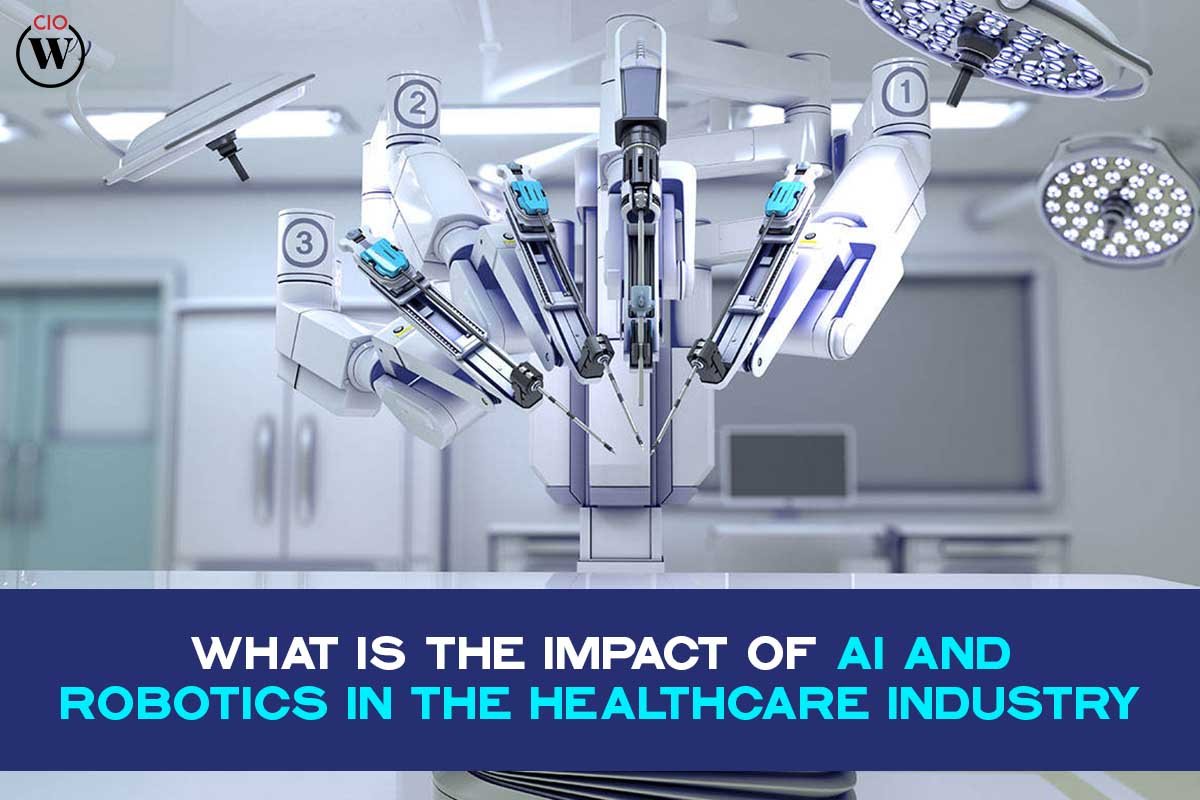AI and robotics are already in use in a number of healthcare facilities. They do jobs such as genetic testing, robotic surgery, cancer research, data collection, and other duties. AI is also being used in dermatology to identify skin cancer. Skin cancer is detected using a technique called “Melanin,” which employs infrared light to examine the skin condition. What is The Impact of AI and Robotics in Healthcare Following that, AI examines the scanned data using complex algorithms to estimate the severity of skin cancer.
To become a fundamental part of the business and create advancements via these developing technologies, AI and robotics demand greater exposure and ongoing testing.
Artificial intelligence (AI) will have a significant impact on how corporations, institutions, and communities interact with their stakeholders. From self-driving vehicles to very sophisticated genetic testing, AI is having an influence on almost every aspect of life. This research examines the influence of AI on the healthcare business as a whole.
Healthcare expenditure accounted for 18% of the nation’s GDP in 2017, close to $4 trillion, and is predicted to climb to over 20% of GDP by 2027. Given the significance of healthcare to global economies as populations age in most nations, a thorough and comprehensive examination of the use of AI in the healthcare business is needed. What is The Impact of AI and Robotics in Healthcare
AI can be used in all parts of the healthcare business, such as therapy, diagnosis, medical imaging, personalized treatment, administration, and research.
Here is the Impact of AI and Robotics in Healthcare .
1. Treatment with AI
The usage of robots, telemedicine, and virtual nursing assistants, as well as patient monitoring for chronic illnesses, are some of the primary areas in which artificial intelligence will have a significant impact on patient care in the near future.
Online medical treatment is the use of technology such as video, messaging, and sensors to provide healthcare in a manner that is not constrained by either time or geography. What is The Impact of AI and Robotics in Healthcare , This is referred to as “virtual healthcare.”

Telemedicine is a significant part of the field of virtual healthcare that has gained prominence in recent years. In its most basic form, telemedicine is the practice of doing medical consultations, exams, and surgeries over long distances using different types of electronic and wireless communication technologies.
2. AI In Diagnosis
Artificial intelligence will directly change two of the most important parts of the diagnostic process: the computerized analysis of medical images and the creation of personalized treatment plans.
Imaging in medicine It is possible that imaging in medicine is the subfield of medicine in which the use of artificial intelligence has resulted in the most significant advancements. What is The Impact of AI and Robotics in Healthcare , The use of artificial intelligence in image processing has made significant progress, particularly in the domains of radiology and ophthalmology. But radiology is the medical field where the FDA has approved the most AI-based algorithms.
3. Supplementary Robots
The primary purpose of these robots is to facilitate the distribution of supplies across the whole of the medical facility or to any other location where they may be required. There are occasions when a number of patients need immediate medical attention or support in a medical setting. When a circumstance like this arises, the personnel are often in a rush to aid the patient rather than focus on any other responsibilities.

As a result, supplemental robots in today’s world are swiftly taking care of jobs such as replenishing, taking out the garbage, and cleaning so that humans may spend more time with the patient. What is The Impact of AI and Robotics in Healthcare , An excellent example of a supplemental robot is the automated UV Light Disinfection Robot, which travels from hospital room to hospital room in order to administer a calculated amount of UVC light in order to disinfect the region that is being targeted. This robot also cuts down on serious infections in areas that are directly or indirectly shaded.
4. AI in Healthcare Administration
Two of the most important ways that artificial intelligence will change the way healthcare is run are by automating electronic health records and making it easier for healthcare insurance companies to handle claims.

Electronic health records (EHRs) have been extensively utilized around the globe, with many countries trying to enhance access, quality, and efficiency of treatment via the use of such technologies. What is The Impact of AI and Robotics in Healthcare , This has led to the widespread adoption of EHRs. However, electronic health records (EHRs), in spite of their promise to enhance treatment, have been the subject of criticism, and it has been shown that they have negative impacts on the dynamic between patients and providers.
When compared to the amount of time spent directly caring for patients, primary care doctors spend over two hours each on EHR-related chores. The majority of that time is eaten up by menial chores related to administration and paperwork.
It is a widely held belief among many who work in the medical field that electronic health record (EHR) systems are one of the primary causes of professional unhappiness and physician burnout. Utilization of scribes is one example of a solution that has been implemented as part of an effort to enhance the level of satisfaction felt by medical professionals. The use of artificial intelligence is an additional strategy that may be used.









